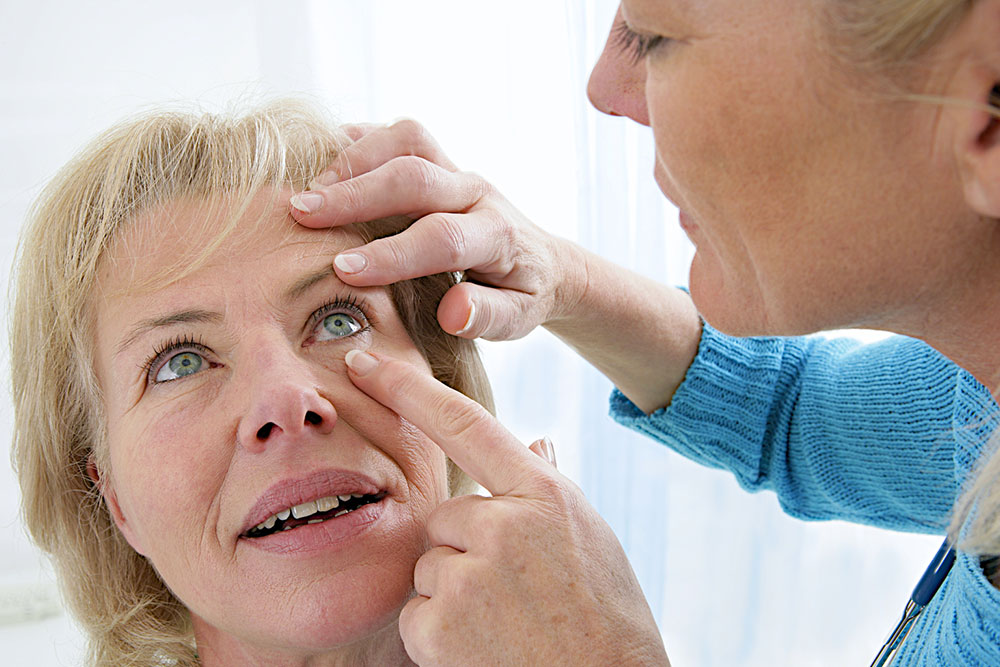
Dry age-related macular degeneration – Signs and management
As a person ages, they may develop age-related macular degeneration (AMD), which can cause blurry central vision. It occurs when the macula, the part of the eye that controls sharp, straight-ahead vision, is damaged due to aging. This condition is a primary cause of vision loss in older individuals, making it crucial to recognize the symptoms early on and seek appropriate management. Here are some signs to look out for and tips for managing the condition.
Signs and symptoms
The symptoms of the disease show only at different stages of the condition, and also, in dry AMD, the symptoms are not observed till the late stage.
- In the early stage of AMD, no symptoms can be observed.
Some individuals may not experience noticeable symptoms during the intermediate stage, while others may notice mild signs. These can include slight blurriness in their central vision or difficulty seeing in low-light conditions. - In the late stage of age-related macular degeneration (AMD), which can be either wet or dry, all the signs and symptoms become visible. At this point, individuals may notice crooked or wavy lines instead of straight lines, and their vision gradually becomes blurry. With time, the blurry area in the central vision expands and can even lead to blank spots. Colors may appear less vibrant, making it more challenging to see in low-light conditions.
- One must report any of these symptoms to a doctor immediately and take the necessary steps for treatment.
Management tips
Some of the management tips for dry age-related macular degeneration include:
- It’s important to routinely visit the ophthalmologist to monitor the progression of AMD, as symptoms may not be visible.
- Use the Astrid grid to monitor home vision for distortion over time.
- Taking eye vitamins is also an essential part of managing this disease. The vitamins A, C, E, zinc, and copper are essential for eye health, so health professionals usually recommend these.


